The 2011 Jan Michalski prize for literature was awarded to the Romanian author, György Dragomán for his novel The White King.
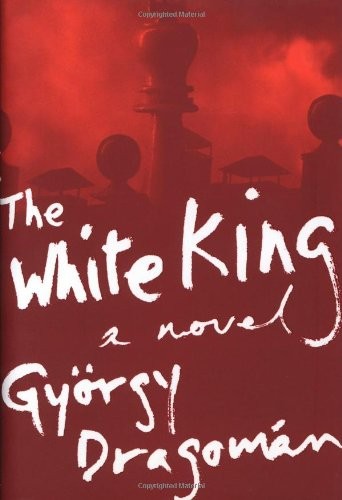
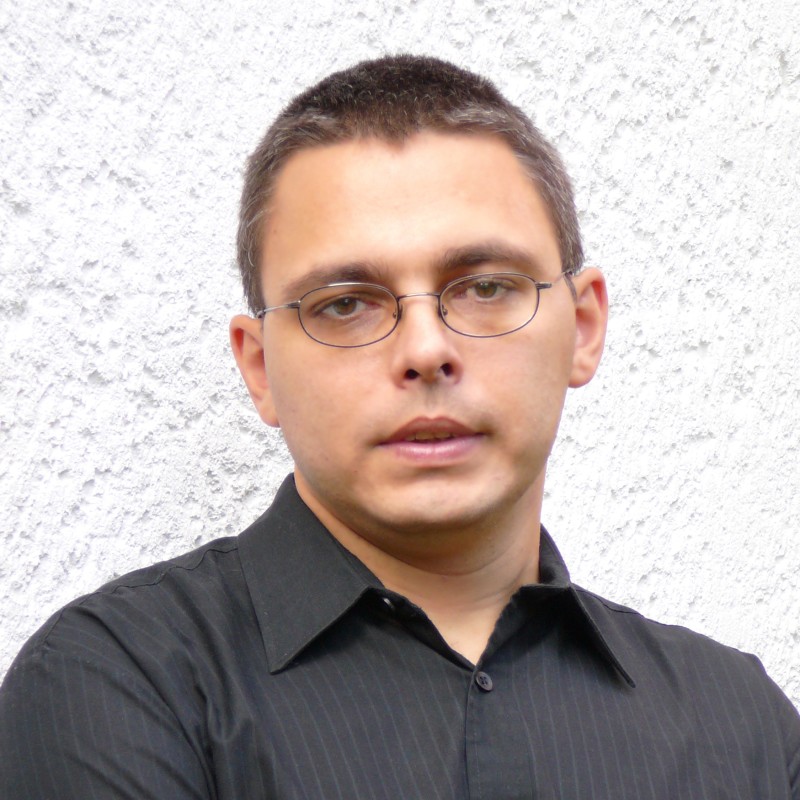
The 2011 Jan Michalski prize for literature was awarded to the Romanian author, György Dragomán for his novel The White King, that describes the oppression of a dictatorship (that of Ceaucescu in the present case) through the eyes of a child. It is a great book on fear, and also on how to cope with it through hope and imagination.
Laureate
One of the most urgent cultural and political challenges facing Eastern Europe is its duty to come to terms with the Communist past. Understanding, peace, even justice, are inconceivable without a critical survey of the regimes’ repressive methods and of the people they repressed, or without a thorough understanding of the systems’ brutality. Because the oligarchical leadership of former Nomenklatura in many Eastern European countries has hindered this process in the courts, in the media, and in the academy, literature must take up the task. Romania is one of these countries.
With his novel, The White King, György Dragomán, a descendant of Romania’s Hungarian minority, has written an initial, devastating masterpiece on this subject. The story describes, from an eleven-year-old boy’s point of view, how the state takes hold of a family and destroys it. The father, who finds the courage to make a gesture of opposition, is abducted one day and disappears (as a forced laborer on the Danube canal). From this point on, the boy’s world gradually darkens. Although violence, despair, absurdity, and amorality govern his daily life, he still cannot fathom the depths of the ruling malignity. It is precisely the naïve and unknowing aspects of the boy’s viewpoint that highlight this society’s grotesque inhumanity so strikingly for the reader.
The winner of the Jan Michalski Prize 2011, György Dragomán receives an award of CHF 50,000.00 and a work by the artist Olivier O. Olivier that has been chosen for him: Paysage avec remparts, 2001.
Biography
György Dragomán was born in Târgu Mureș/Marosvásárhely, Transylvania, in 1973 and moved to Hungary when he was fifteen. The White King was first published in its original Hungarian in 2005, winning prizes and becoming an iconic bestseller. It is now published in over thirty languages. György Dragomán also works as a translator: among the works he has translated into Hungarian are short stories, essays and texts by James Joyce, I. B. Singer, Neil Jordan, Irvine Welsh and Ian McEwan. He lives in Budapest with his family.
Selections

The White King
Proposed by Ilija Trojanow

The Blue Fox
Proposed by Nuruddin Farah
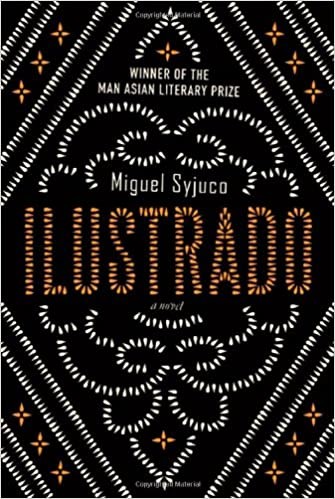
Ilustrado
Proposed by Vera Michalski-Hoffmann

Godot’s Shadow
Proposed by Wlodzimierz Bolecki

Ilustrado
Proposed by Vera Michalski-Hoffmann
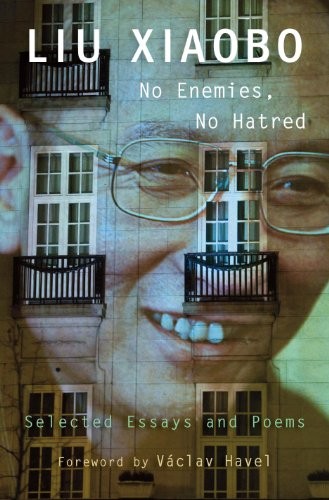
No Enemies, No Hatred: Selected Essays and Poems
Proposed by Fabienne Verdier

The Blue Fox
Proposed by Nuruddin Farah

The White King
Proposed by Ilija Trojanow
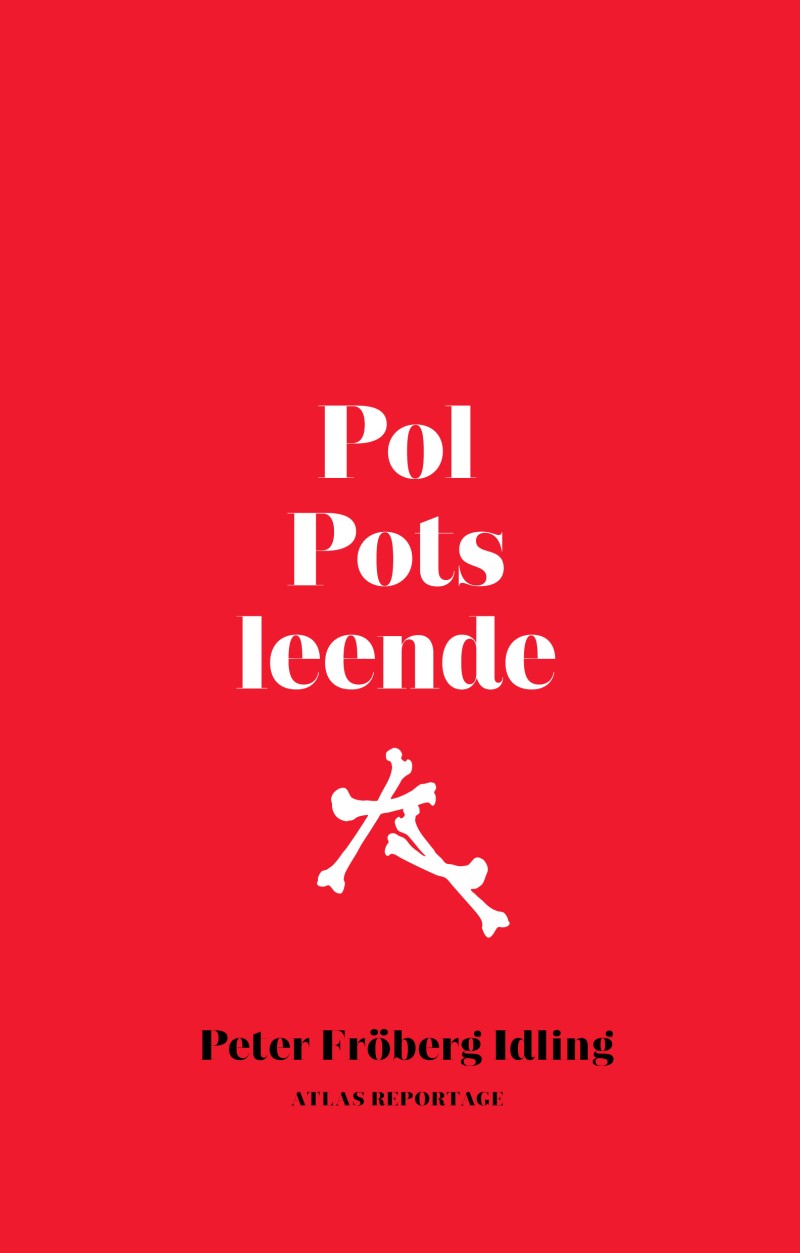
Pol Pots leende
Proposed by Wlodzimierz Bolecki
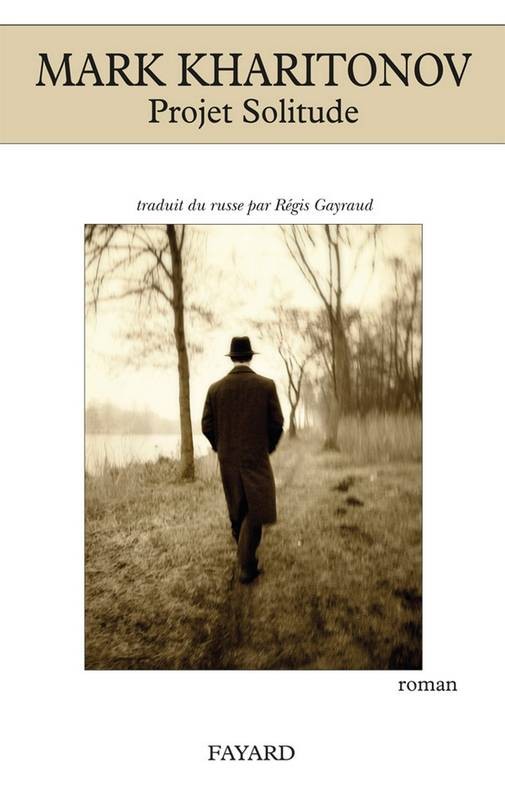
Projet Solitude
Proposed by Georges Nivat
Jury
Vera Michalski-Hoffmann, President of the jury
A publisher, Vera Michalski-Hoffmann has devoted herself to the promotion of literature through the publishing group she founded with Jan Michalski. Starting in 1986, they published a wide range of authors, in French and Polish translations, through Noir sur Blanc, Buchet-Chastel, Phébus and Wydawnictwo Literackie. In 2004, Vera Michalski created the Fondation Jan Michalski pour l’écriture et la littérature to promote reading and provide support for writers.
Wlodzimierz Bolecki
Born in 1952 in Warsaw, Włodzimierz Bolecki is a theoretician and historian of Polish literature. He graduated from the University of Warsaw in 1976 with a degree in philology, before going on to get a PhD in literary studies. He began teaching in 1981 at the Polish Academy of Arts and Sciences, first as a lecturer, then adjunct professor, and finally full professor. As a guest speaker, he has lectured in numerous universities outside of Poland, including the Czech Republic, Denmark, France, the Netherlands, Canada, the United States, Sweden, the United Kingdom, and Switzerland. He is a member of PEN, the Association of Polish Writers, the Scientific Society of Warsaw, and the Adam Mickiewicz Literary Society. He is also the author of books, articles and studies, and the editor of a number of collective publications.
Nuruddin Farah
Born in 1945 in Baidoa, Somalia, Nuruddin Farah is a novelist, short-story writer and essayist writing in English. While studying at the University of Punjab in India and subsequently teaching at the National University of Somalia, he published his first novel in 1970, From a Crooked Rib (reprinted by Penguin Editions in 2003), described as “one of the cornerstones of modern East African literature today.” His many publications include A Naked Needle (1976); Sweet and Sour Milk (1979), Sardines (1981), and Close Sesame (1983), which form the trilogy Variations on the Theme of an African Dictatorship; Secrets (1998), the last book in the Blood in the Sun trilogy; Knots (2007), from the Past Imperfect trilogy; and North of Dawn (2018). His novels, translated into some fifteen languages, have earned him a number of prestigious prizes, including the Kurt-Tucholsky-Preis in 1991, the Neustadt International Prize for Literature in 1998, and the Lettre Ulysses Award in 2003.
Georges Nivat
Born in 1935 in Clermont-Ferrand, France, Georges Nivat is a scholar of Slavic languages specialized in translating the Russian world for French-speakers. Emeritus professor at the University of Geneva, he is also rector of the International Centre Lomonosov. After graduating from the Sorbonne with a licence in Russian and English, he began a career in academia, taking a series of teaching posts at the universities of Toulouse, Lille, and Paris X. Concomitantly he worked with two French publishers, L’Âge d’Homme and Fayard, and later served as president of the Rencontres Internationales de Genève. The author of numerous books and French translations, he has published a trilogy on Russian culture with L’Âge d’Homme: Vers la fin du mythe russe (1982), Russie-Europe, la fin du schisme (1993) and Vivre en russe (2007). He was awarded an honorary degree by the Mohyla Academy in Kyiv.
Ilija Trojanow
Born in 1965 in Sofia, Bulgaria, Ilija Trojanow is a Bulgarian-German writer, essayist, translator, and publisher. In 1971, his family fled Bulgaria for West Germany, where they received political asylum, then settled in Kenya for twelve years. Between 1984 and 1989, he studied law and ethnology at the University of Munich. In 1989, he founded Marino, a publishing house specialized in African literature, and began publishing essays and travel accounts dealing with Africa as well as German translations of African authors. His first novel, Der Weltensammler (2006, published in English as The Collector of Worlds, 2007), was awarded the Leipzig Book Fair Prize the same year of its original publication. His other titles available in English are Custodians of the Sun, Along the Ganges (2005), Mumbai to Mecca (2008), and The Lamentations of Zeno (2016). In 2002, he became a member of PEN Federal Republic of Germany.
Fabienne Verdier
Born in 1962 in Paris, Fabienne Verdier is a French painter known for her work that draws greatly on calligraphy. A graduate of the École supérieure des beaux-arts of Toulouse, she went on to study at the Sichuan Fine Arts Institute in China, where she would remain for ten years. This experience gave rise to Passagère du silence. Dix ans d’initiation en Chine, which was published by Albin Michel in 2003. Exhibited around the world, her artworks figure in the permanent collections of institutions like the Pompidou and Musée Cernuschi in Paris, the Chinese Cultural Ministry in Beijing, and the Hubert Looser Foundation in Zurich.
Related


Dossier de presse
Prix Jan Michalski de littérature 2011
Dossier de presse
Prix Jan Michalski de littérature 2021
Laudatio de Ilija Trojanow
Prix Jan Michalski de littérature 2011
Discours de Vera Michalski-Hoffmann
Prix Jan Michalski de littérature 2011